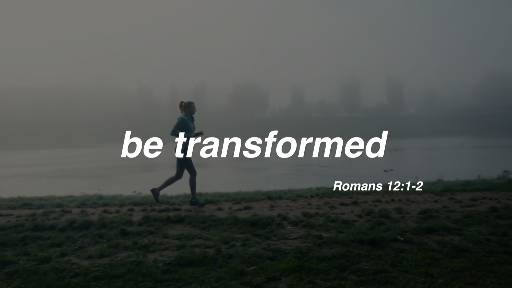-
Worshipers At The First Christmas Lesson 2 Series
Contributed by Elmer Towns on Feb 13, 2019 (message contributor)
Summary: God will guide you to take the right path on your worship journey.
A. SIMEON: A TRUE WORSHIPER: LUKE 2:25-32
“And behold, there was a man in Jerusalem whose name was Simeon, and this man was just and devout, waiting for the Consolation of Israel, and the Holy Spirit was upon him. And it had been revealed to him by the Holy Spirit that he would not see death before he had seen the Lord’s Christ. So he came by the Spirit into the temple. And when the parents brought in the Child Jesus, to do for Him according to the custom of the law, he took Him up in his arms and blessed God and said: ‘Lord, now You are letting Your servant depart in peace, according to Your word; for my eyes have seen Your salvation which You have prepared before the face of all peoples, a light to bring revelation to the Gentiles, and the glory of Your people Israel’” (Luke 2:25-32).
1. True worshipers are both godly and devout. “Simeon . . . was a righteous man and very devout” (v. 25, NLT).
2. True worshipers are filled with the Holy Spirit (v. 25).
Simeon was yielded to be filled by the Spirit (v. 25).
Simeon was led by the Spirit (v. 27).
Simeon was enlightened by the Spirit (v. 26).
3. True worshipers are taught by the Holy Spirit. “Revealed to him by the Spirit” (v. 26).
4. True worshipers experience a divine epoch or divine circumstance. “That day the Holy Spirit led him to the temple . . . when Mary and Joseph came to present the baby Jesus to the Lord” (v. 27, NLT).
5. True worshipers embrace Jesus. “He took the child in his arms” (v. 28).
6. True worshipers “bless God” (v. 28). To bless means to add value.
How Can We Add Value to God?
He becomes more valuable to you.
He becomes more valuable to others.
He is pleased.
Because God seeks worshipers, His mission is completed.
7. True worshipers receive peace. “Let . . . thy servant depart in peace” (v. 29).
8. True worshipers want to share with lost people. “A light to bring revelation to the Gentiles,
and the glory of Your people Israel” (v. 32).
B. FOLLOW THE WORSHIP JOURNEY WITH WISE MEN: MATT. 2:1-11
“Now after Jesus was born in Bethlehem of Judea in the days of Herod the king, behold, wise men from the East came to Jerusalem, saying, ‘Where is He who has been born King of the Jews? For we have seen His star in the East and have come to worship Him.’ When Herod the king heard this, he was troubled, and all Jerusalem with him. And when he had gathered all the chief priests and scribes of the people together, he inquired of them where the Christ was to be born. So they said to him . . . And he (Herod) sent them to Bethlehem and said, ‘Go and search carefully for the young Child, and when you have found Him, bring back word to me, that I may come and worship Him also.’ When they heard the king, they departed; and behold, the star which they had seen in the East went before them, till it came and stood over where the young Child was. When they saw the star, they rejoiced with exceedingly great joy. And when they had come into the house, they saw the young Child with Mary His mother, and fell down and worshiped Him. And when they had opened their treasures, they presented gifts to Him: gold, frankincense, and myrrh (Matt. 2:1-5, 8-11).
1. The worship journey overcame barriers to find Christ. “There came wise men from the east” (v. 1).
a. Distance
b. Mountains
c. Rivers
d. Culture
e. Family
f. Age
2. The worship journey begins with what you know. They knew Jesus was the King of the Jews (v. 2).
3. The worship journey centers on your background. Magi studied stars, “We have seen His star” (v. 2).
4. The worship journey leaves your comfortable surroundings. “We have seen His star in the East and have come to worship Him” (v. 2).
5. When Christ is the focus of your worship, He takes possession of everything. “His star” (v. 2).
6. If you are an honest seeker, God will catch your attention. “We have seen . . . in the East” (v. 2).
7. Not everyone will support your worship journey. “Herod . . . was troubled, and all Jerusalem with him” (v. 3).
8. Religious people want to study your journey, but not go with you. “Gathered all the chief priests and scribes” (v. 4).
9. Our worship journey tells us what belongs to Jesus. “His star.”
10. People who have religious answers don’t necessarily take the worship journey. “He sent them to Bethlehem” (v. 8).

 Sermon Central
Sermon Central



